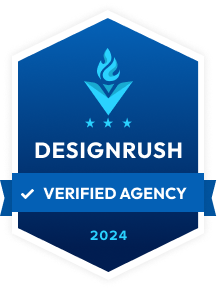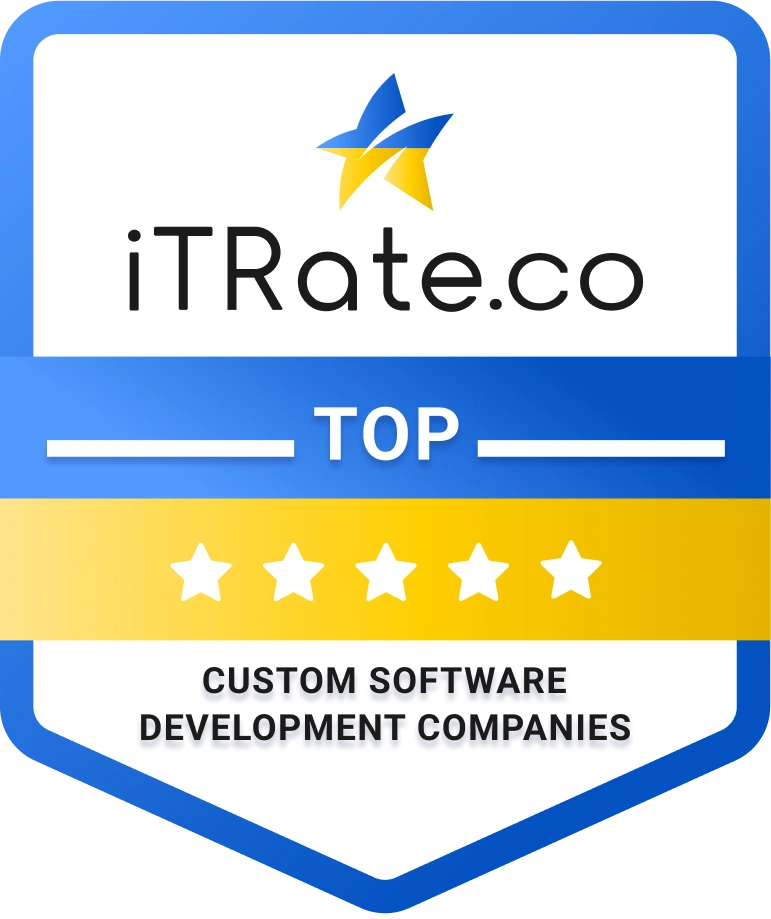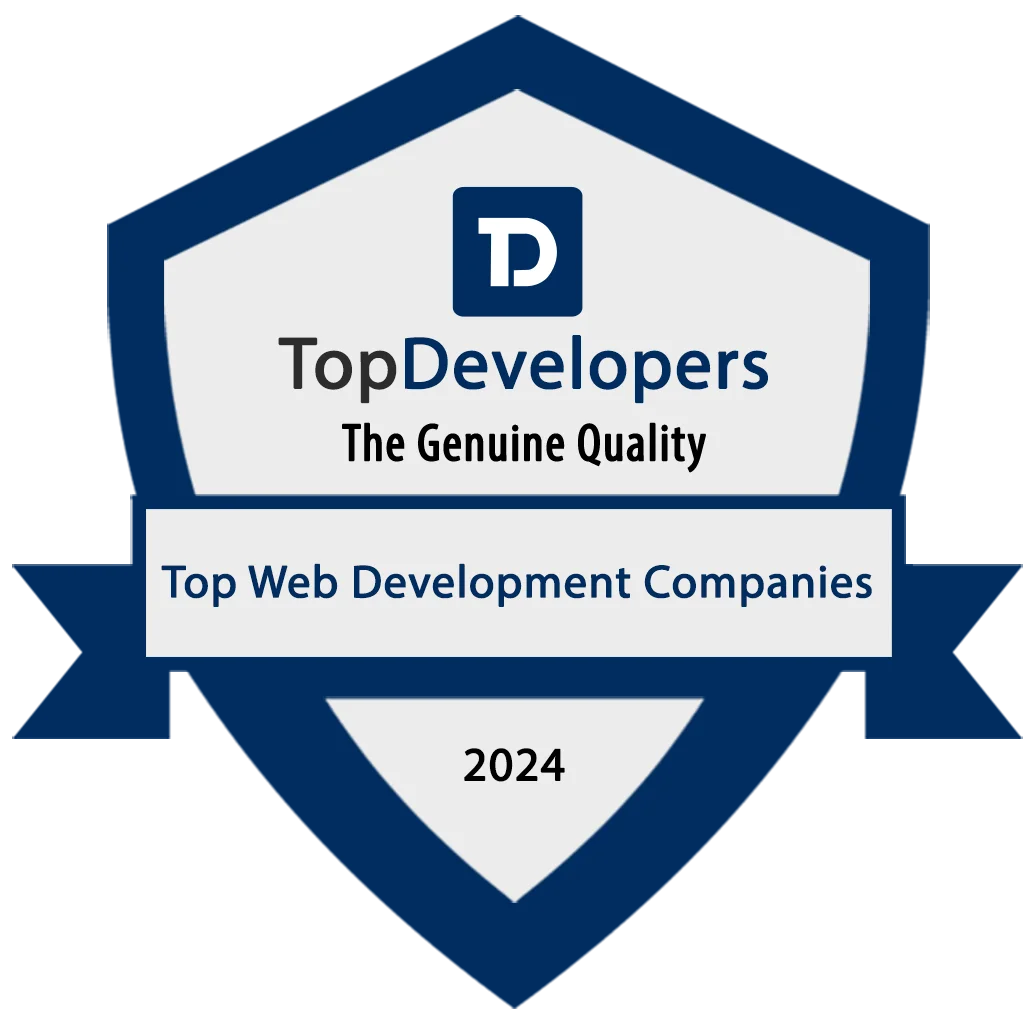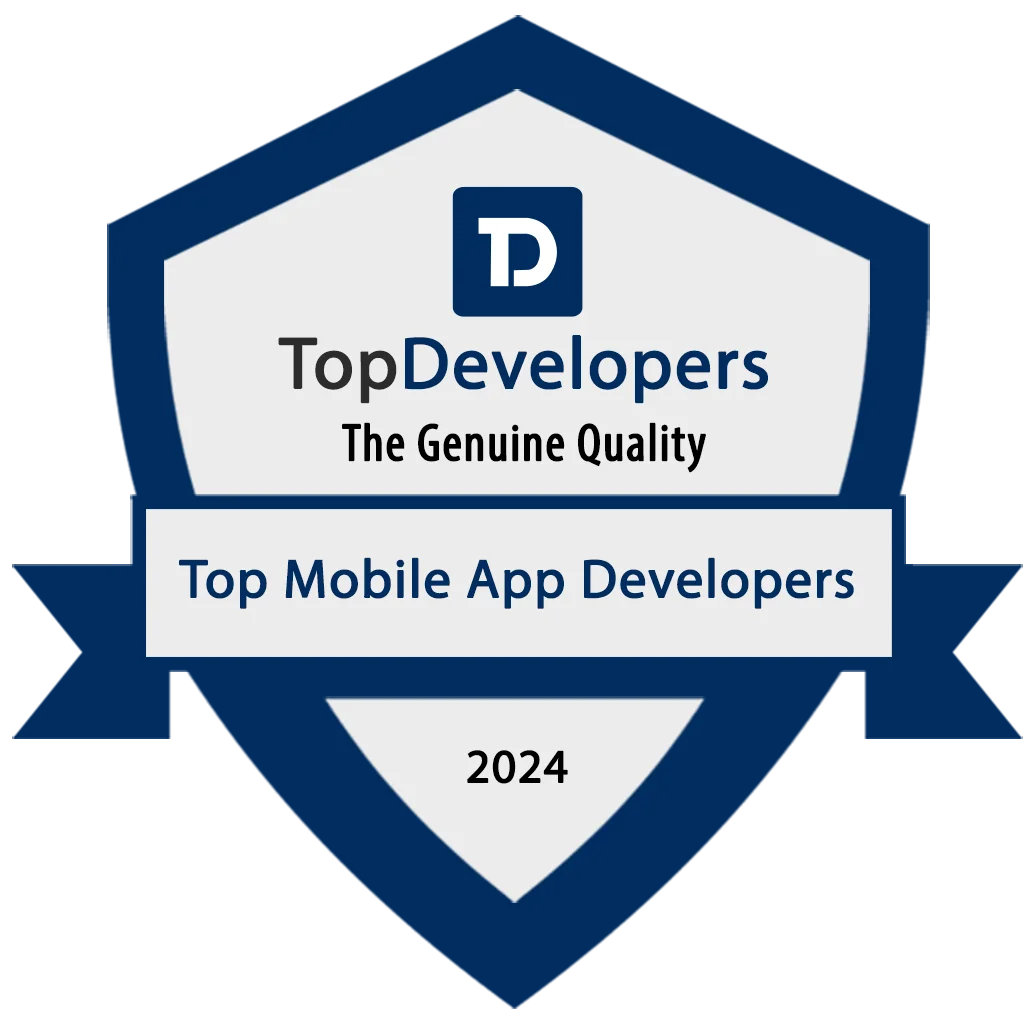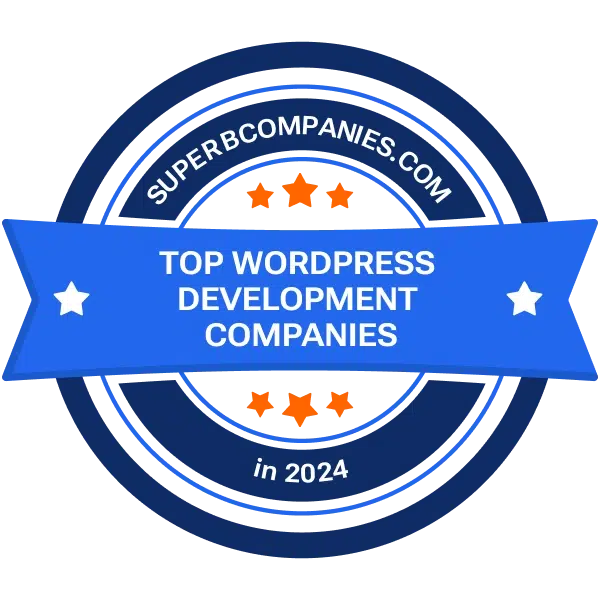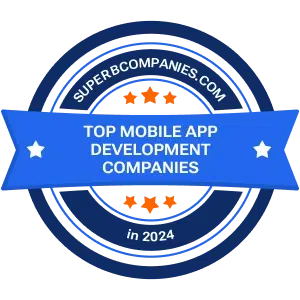It seems we can’t find what you’re looking for. Perhaps searching can help.
Product Engineering

514, 204, Lilamani Corporate Heights,
opp. BRTS Bus Stop, Nava Vadaj,
Ahmedabad, Gujarat 380013

7895 Tranmere Drive,
Unit 27A Mississauga,
Canada, ON L5S 1V9
We Have A Reputation For A Reason
Get in touch

Skype
bdm_594

Email Us
info@dynamic-methods. com

India
+91 90164 01296

India
+91 88498 28830

Skype
bdm_594

Email Us
info@dynamic-methods. com
Copyright © 2024 DMS. All rights reserved
